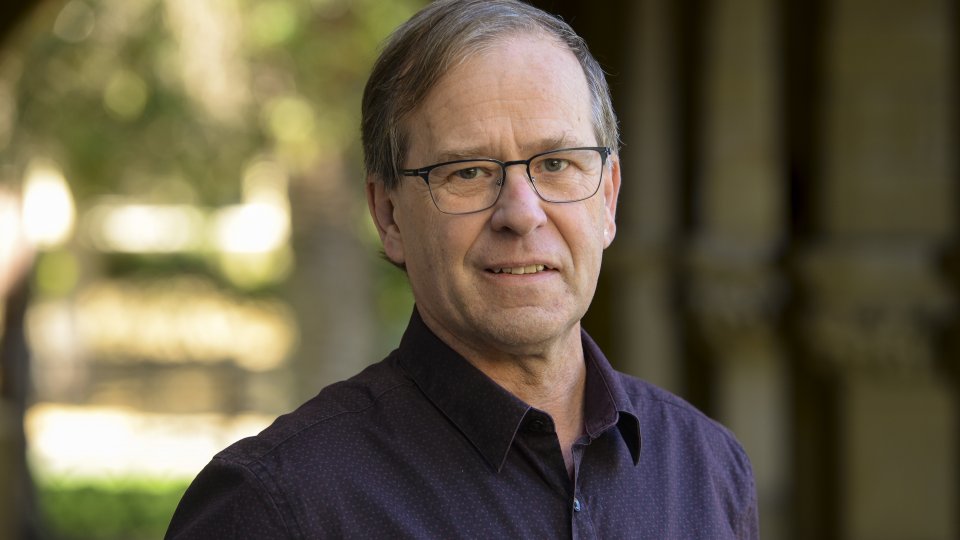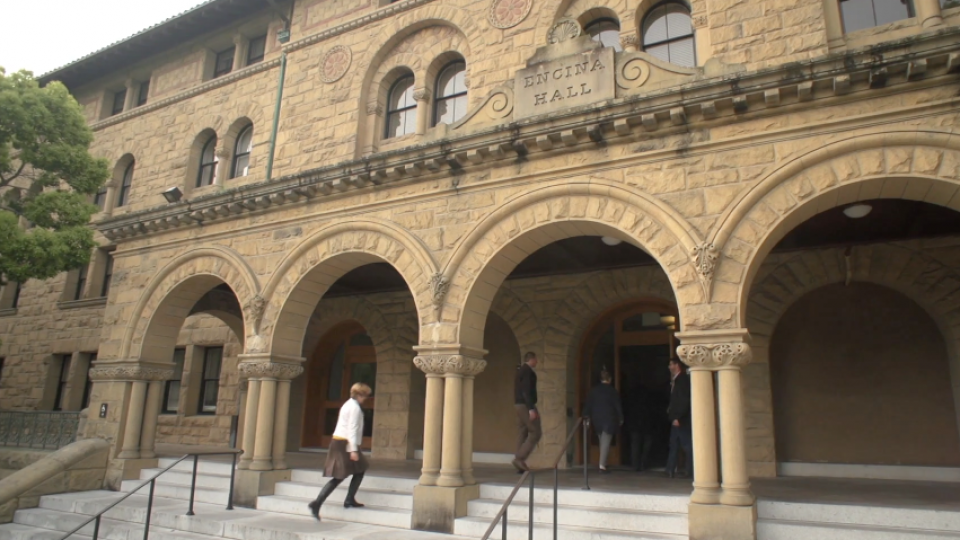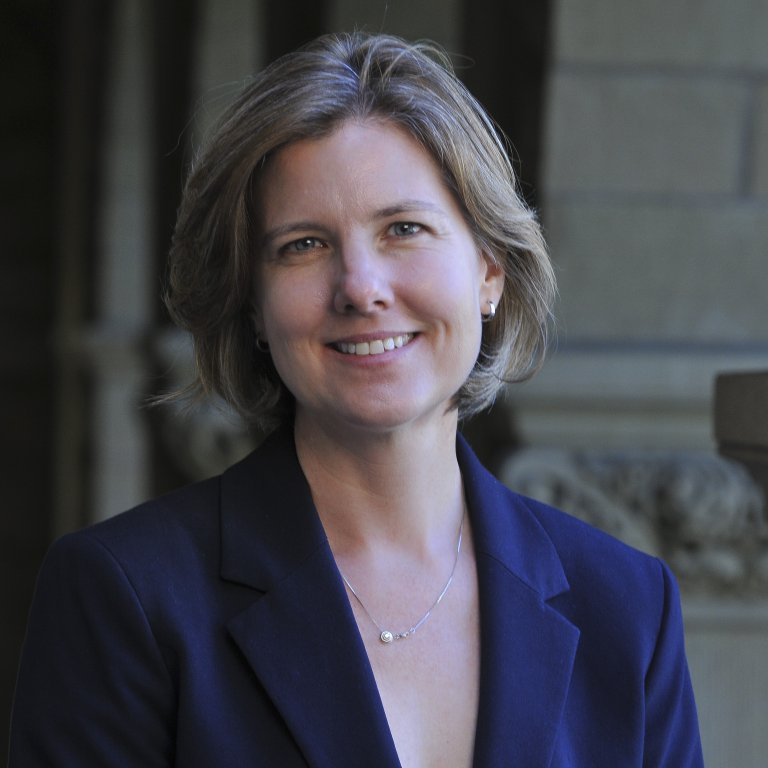CISAC

Stanford Existential Risks Conference

Paul Edwards is now a Fellow of the American Association for the Advancement of Science (AAAS)

Can reactor fuel debris be safely removed from Fukushima Daiichi?
Shielding the Nuclear Arsenal From Cyber Attacks
Senior Research Scholar and Hank J. Holland Fellow Herb Lin outlines the challenges the U.S. faces in modernizing the control systems for our nuclear weapons arsenal, the dangers of connecting these systems to the internet, and the peril of feature-creep and increased complexity in the nuclear age. READ MORE
Who We Are
The Center for International Security and Cooperation (CISAC) is Stanford University’s hub for researchers tackling some of the world's most pressing security and international cooperation issues.
Founded 30 years ago, CISAC today is building on its historic strengths to seek solutions to the many longstanding and emerging challenges associated with an increasingly complex world. We are guided by our longstanding belief that a commitment to rigorous scholarship, openness to new ideas, and lively intellectual exchange can spur the creation and spread of knowledge to help build a safer world.

Leadership

Rodney C. Ewing

Scott D. Sagan

Harold Trinkunas



